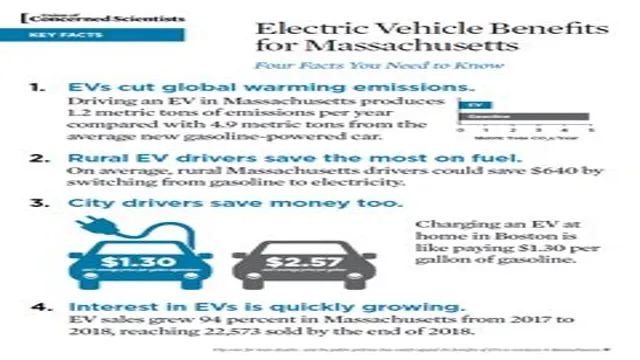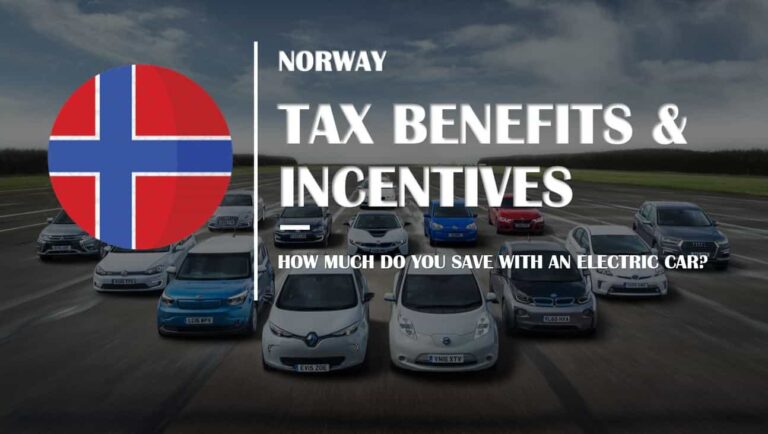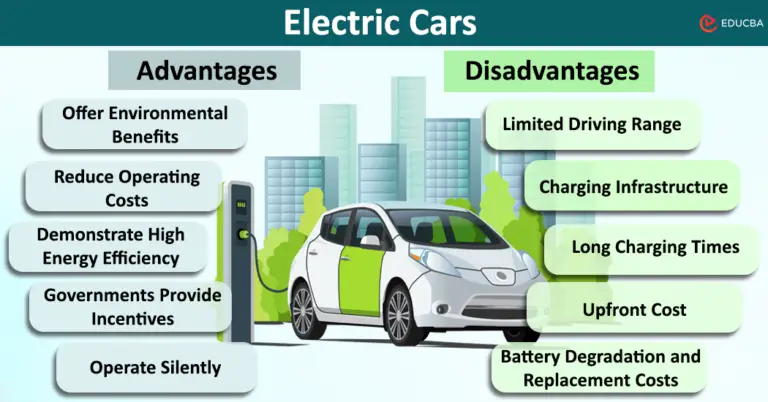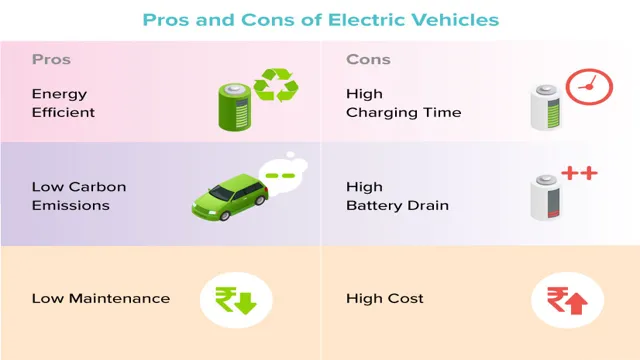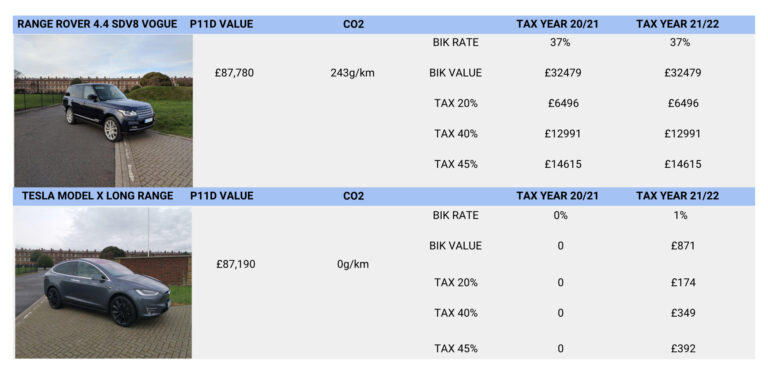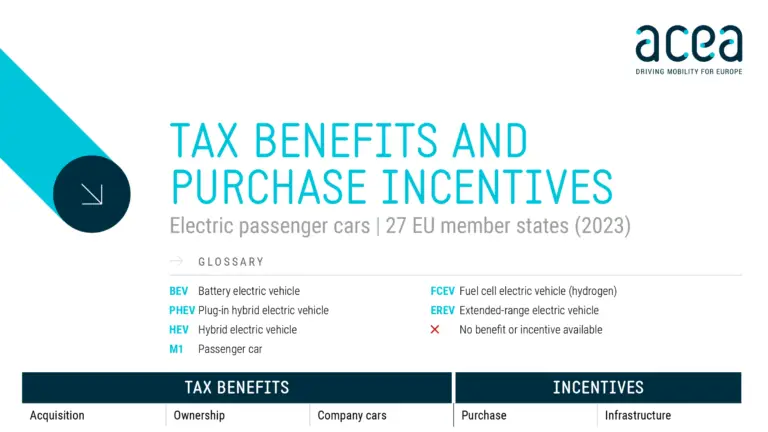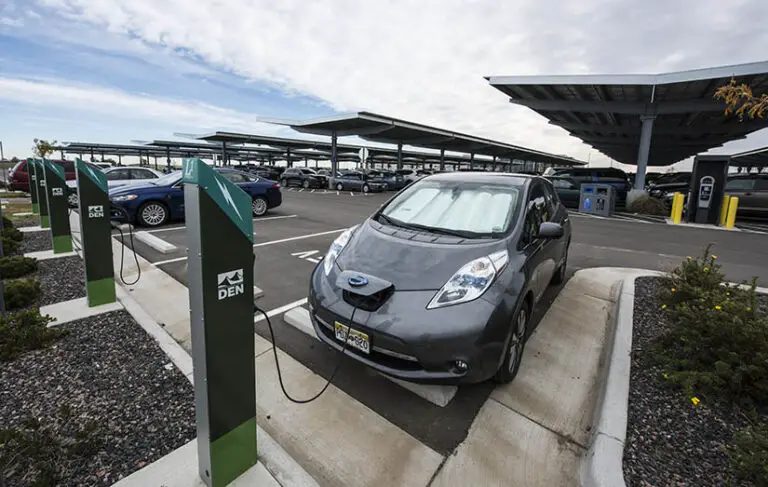Debunking the Myths: The Real Benefits of Electric Cars
As the world continues to search for ways to reduce carbon emissions and protect the environment, electric cars have become increasingly popular. However, with this rise in popularity comes a lot of myths and misconceptions about electric vehicles. Some people believe that they aren’t as convenient or practical as traditional cars, or that they aren’t truly environmentally friendly.
In this blog, we will explore some of the most common myths surrounding electric cars and separate fact from fiction. So, if you’re curious about whether or not electric cars are a good option for you, keep reading as we dive into the truth behind the myths!
Higher Purchase Cost
One of the most common misconceptions about electric cars is that they come with a higher purchase cost compared to traditional gasoline-powered vehicles. While it is true that the initial cost of an electric car can be higher, it is important to consider the long-term benefits. For example, electric cars have lower maintenance costs and require fewer repairs due to having fewer parts that can break or wear out.
Additionally, electric cars can save you money in the long run by avoiding skyrocketing gas prices and qualifying for various federal and state tax incentives. It’s important to consider the total cost of ownership, rather than just the initial purchase price, when weighing the benefits of owning an electric car.
But lower maintenance and fuel costs over time.
When it comes to purchasing a vehicle, one of the biggest concerns for buyers is the initial cost. Hybrid and electric vehicles often come with a higher purchase cost than their gasoline-powered counterparts. However, it’s important to consider the long-term benefits and savings of these eco-friendly options.
Despite the higher initial cost, hybrid and electric cars typically have lower maintenance and fuel costs over time. With less wear and tear on the engine and brakes, there is less need for expensive repairs and replacements. Additionally, charging an electric car is significantly cheaper than filling up a gas tank.
While the higher purchase cost of a hybrid or electric vehicle may seem daunting, it’s important to look at the big picture and consider the potential savings in the long run. Making the choice to go green not only benefits the environment but your wallet as well.

Limited Range
Many people assume that electric car benefits are just myths, particularly when it comes to the limited range of these vehicles. However, the fact is that electric cars are becoming increasingly mainstream, thanks in part to improvements in battery technology and charging infrastructure. While it is true that electric vehicles may not be ideal for long road trips, they more than meet the needs of most drivers for daily commuting and local errands.
With ranges of up to 250-300 miles on a single charge, modern electric cars can easily handle a typical day’s driving, and can easily be charged overnight at home. The truth is that these vehicles have come a long way in recent years, and have surpassed many of the limitations that people once assumed to be this technology’s Achilles heel. Electric cars offer the freedom to travel emission-free without any of the drawbacks once associated with owning and driving an electric vehicle.
But most EVs have ranges of 200+ miles now.
“limited range” When it comes to choosing an electric vehicle, one of the most common concerns is the limited range. However, the good news is that most EVs today have ranges of 200+ miles on a single charge. This means that drivers can now go further without having to worry about running out of charge.
Additionally, with more and more charging stations popping up everywhere, the range anxiety that was once an issue is getting less and less concerning. It’s important to consider your daily driving habits and choose an EV that suits your needs. For example, if you mostly drive short distances or live in the city, a smaller range EV will suffice.
But if you’re looking for more flexibility, long-range EVs are now readily available. So, don’t let the notion of limited range hold you back from joining the electric vehicle revolution.
Long Charge Times
One of the biggest myths surrounding electric cars is the perception that they take forever to charge. While it’s true that conventional charging methods can take several hours, advances in technology and infrastructure have significantly reduced charge times. For example, with fast-charging stations, electric cars can be charged to 80% in as little as 30 minutes.
Additionally, it’s worth noting that most electric car owners charge their vehicles at home overnight, with full charges taking anywhere from 6 to 12 hours, depending on battery size. While this may seem like a long time compared to filling up a gas tank, it’s important to remember that electric cars come with numerous benefits, such as lower emissions, reduced fuel costs, and smoother, quieter rides. Overall, the notion that electric cars have long charge times is simply a myth, and shouldn’t deter anyone from making the switch to electric.
But most EVs can be charged to 80% in under an hour.
Long charge times can be a deterrent to potential electric vehicle (EV) buyers who value convenience and time. However, it’s worth noting that most EVs can be charged to 80% in under an hour, which can alleviate some of the concerns regarding charging times. With the growing availability of Level 3 DC fast charging stations, many EV drivers can utilize these stations to quickly charge up and get back on the road.
Additionally, while Level 2 charging may take longer, it can be done overnight at home or during the workday at a charging station near the workplace. Ultimately, it comes down to determining individual driving habits and charging needs to make the most informed decision when considering an electric vehicle.
Lack of Charging Infrastructure
One of the biggest myths about electric cars is that they have a lack of charging infrastructure. While it is true that charging stations are not as prevalent as gas stations, the number of charging options is increasing rapidly as more people switch to electric vehicles. Additionally, many electric car owners choose to install charging stations in their homes, which allows them to charge their vehicles overnight or while they’re parked during the day.
Another misconception is that charging takes a long time, but with rapid charging technology, electric vehicles can now be charged in as little as 30 minutes. As we continue to see advances in electric car technology, including longer battery ranges and faster charging times, charging infrastructure will become less of a concern for those considering purchasing an electric vehicle.
But the number of charging stations is growing rapidly.
As the popularity of electric vehicles increases, the lack of charging infrastructure remains a major concern for drivers. However, the good news is that the number of charging stations is growing rapidly. Brick and mortar stores, shopping malls, and parking garages are installing charging stations, making it easier for drivers to keep their cars charged on the go.
Additionally, governments and private companies are investing in charging infrastructure, with the goal of creating a network of electric charging stations that connect major cities and towns. In fact, some countries are offering incentives for businesses to install charging stations and are even mandating a certain number of stations for specific areas. The growth of charging infrastructure is a crucial step in the widespread adoption of electric vehicles, providing drivers with greater confidence and convenience when it comes to owning an electric vehicle.
Not Environmentally Friendly
While electric cars have become increasingly popular, there is a common misconception that they are inherently environmentally friendly. However, the reality is that the benefits of electric cars are just myths. First and foremost, the manufacture of electric car batteries is a highly resource-intensive process that produces carbon emissions.
Additionally, the electricity used to charge electric cars often comes from non-renewable sources such as coal, natural gas, or nuclear power, which also have a significant impact on the environment. Furthermore, when electric cars reach the end of their life cycle, the batteries must be disposed of properly, which can also create environmental concerns. While electric cars certainly have their advantages, it’s important to recognize that they are not a perfect solution to our environmental problems.
Instead, we must strive to find more sustainable and eco-friendly solutions that can truly make a difference.
But EVs have a smaller carbon footprint over their lifetime.
Despite manufacturing difficulties and increased expenses, many people have opted for electric vehicles (EVs) due to their lower carbon emissions over their lifetime. While it’s true that EVs produce fewer emissions than traditional vehicles during operation, the production process and disposal of their batteries pose environmental challenges. The production of EVs requires the extraction of rare-earth metals and the use of fossil fuels to power factories, both of which contribute to air, water, and soil pollution.
Additionally, battery disposal can lead to toxic waste, and there is no clear system in place for recycling or repurposing used EV batteries. Overall, while EVs may have a smaller carbon footprint over their lifetime, their manufacturing and disposal processes still have significant environmental impacts that must be taken into consideration.
Conclusion
In conclusion, it seems that the supposed benefits of electric cars are just a collection of myths. While they may be touted as more environmentally friendly and cost-effective, the reality is that these claims are often exaggerated or simply false. Furthermore, the limitations of electric cars, such as their limited range and long charging times, make them impractical for many people.
Ultimately, it’s important to consider all aspects of owning an electric car and not just fall for the hype. After all, the only thing that’s truly electric about these vehicles is the buzz surrounding them.”
FAQs
What are some common myths about electric cars?
Some common myths about electric cars include: they are too expensive, have limited range, and aren’t as powerful as gas-powered cars. However, these are often not true in modern electric vehicles.
What are some benefits of owning an electric car?
Benefits of owning an electric car include: lower fuel costs, reduced emissions and pollution, and smoother and quieter driving experience. Additionally, some areas may offer incentives such as tax credits for purchasing an electric car.
Are electric cars actually better for the environment than gas-powered cars?
Yes, electric cars are better for the environment than gas-powered cars. While the electricity used to charge an electric car may come from non-renewable sources, their emissions are still significantly lower than gas-powered cars. Additionally, renewable energy sources can be used to charge electric cars, making them even more environmentally friendly.
What is the average range of an electric car?
The range of an electric car can vary depending on the model and battery capacity, but many modern electric cars have a range of over 200 miles on a single charge. New developments in battery technology are also increasing the range of electric cars over time.

